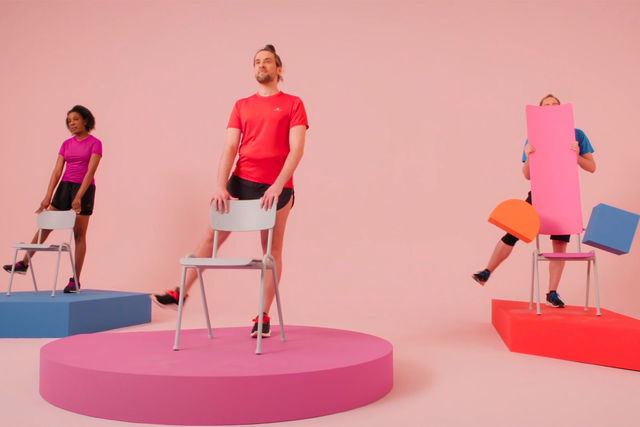
In Luigi Pirandello's novel One, No One and One Hundred Thousand (1926), the main character Vitangelo Moscardo becomes quite upset when his wife tells him that his nose is crooked. According to her, it is slightly to the right. Something Moscardo himself had never noticed.
This seemingly trivial remark leads Moscardo to the extreme conclusion that he is not the person he thought he was. "Who is this stranger?" he asks himself as he looks in the mirror. Apparently, he believes his nose is such an integral part of himself, that it immediately throws him into an existential crisis.
In the exhibition Tell Me What Your Favorite Shape Of Pasta Is And I Will Tell You Who You Are, Beckers explores whether these kind of trivialities can really say something about a person. Is it possible to construct images and ideas about other people based on trivial and often banal aspects of their life?For example, can we get to know someone through their favorite shape of pasta? And could a door handle with a picture of this pasta say something about the person who lives behind that door? Or could you recognize someone by the contents of their junk drawer? After all, aren't people most themselves in an unguarded moment?
They are proposals of alternative, yet flawed ways to define ourselves and the world that surrounds us.
The protagonists in the video What You Like Or What You Think You Like struggle with similar questions. The video features a fitness TV show in which an instructor and his two participants talk about the essence of people, objects or even the exact meaning of words. They discuss the expected size of a knee brace, what makes a washing machine a washing machine and how, if you have a distinctive hairstyle, you instantly become a meeting point for strangers.
The three people might be working on their own bodies and mind, but there is clearly a gap between how they see themselves and how others perceive them. As they alternate one exercise with another, they share the disappointment and embarrassment they experience when their expectations turn out to be wrong. Something that becomes even more apparent when they also begin to share the fixed ideas they have of one another.
F.B.